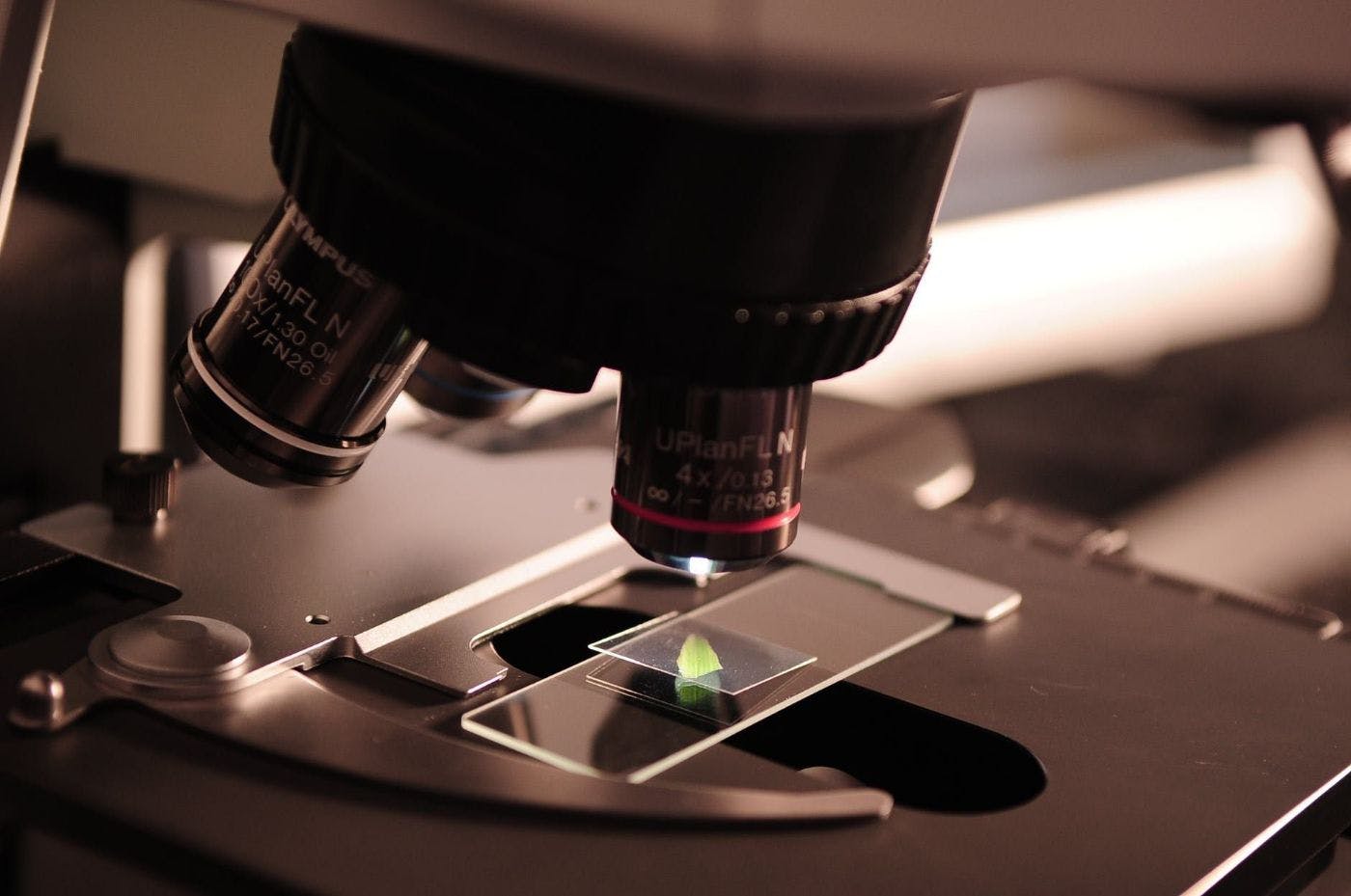250 reads
Ethical Considerations When Approaching Scientific Content
by
May 6th, 2022
Audio Presented by

Web developer writing essays about mindset, productivity, tech and others. Personal blog: https://roxanamurariu.com/
About Author
Web developer writing essays about mindset, productivity, tech and others. Personal blog: https://roxanamurariu.com/
